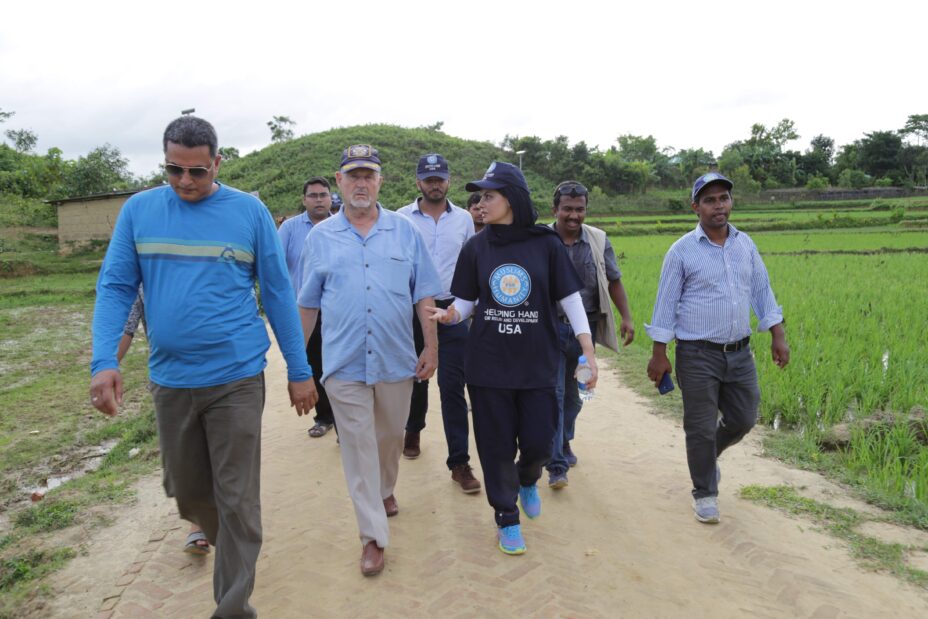Election Progress for the People’s Republic of Bangladesh
By Jim Bates
Having recently returned to San Diego on January 15 from the People’s Republic of Bangladesh, where I served as an International Election Observer, I was startled by U.S. Secretary of State Tony Blinken’s assessment of Bangladesh’s 12th Parliamentary elections. He described them as neither “free” nor “fair” and pointed out a “low voter turnout.” My on-ground experience, however, painted a starkly different picture.
Our team, which included Alex Gray, the former White House Chief of Staff for the National Security Council, visited numerous polling sites. We observed calm and orderly lines, diligent and courteous workers, and an overall sense of peaceful participation. At the conclusion of the elections, our head of mission, Terry Easley of Baton Rouge, Louisiana, commended the process as “free, fair, and safe,” a testament to the seamless execution of these elections. His upcoming “official” report will likely offer recommendations for future improvements.
The disconnect between our observations and Secretary Blinken’s comments was puzzling. One wonders if his perspective was influenced by the New York Media Law Firms, hired for $50,000 per month by the Bangladesh National Party (BNP), which boycotted the elections. Over recent years, the BNP has reportedly spent $8 million to lobby against the re-election of Prime Minister Shaikh Hasina, a notable advocate for women’s rights.
Furthermore, the claim of a “low voter turnout” seems to lack context. Our findings indicated a 40 percent turnout, significant considering Bangladesh’s voting hours are the shortest in the world, from 8 am to 4 pm. For comparison, a recent San Diego City Election, with 672 hours available for voting, witnessed only a 25 percent turnout.
In my view, the real story here is Bangladesh’s remarkable economic journey, often overshadowed in political narratives. Since its independence in 1971, Bangladesh has overcome tremendous challenges, including a horrific genocide. Fifty years on, it boasts a per capita GDP greater than India. As per the Daily Sun Newspaper, Bangladesh is now the 35th largest economy globally and is projected to be the 20th by 2037. The nation has made significant strides in poverty alleviation, reducing it from 41.5 percent in 2006 to 18.7 percent in 2022.
Located strategically between China and India, Bangladesh’s success story deserves more recognition and supportive engagement from global powers like the United States, rather than responses influenced by paid lobbyists.

Category: Events, Government, International, National News, Nonprofit, Volunteers







